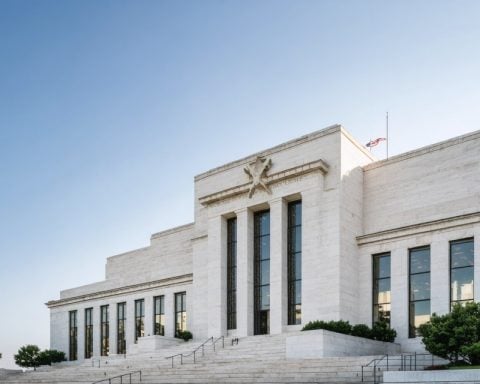TALLAHASSEE, Fla. – A proposed bill in Florida aims to restrict individuals without legal residency from filing lawsuits within the state, pending passage.
The legislation, known as HB 71, has been introduced by Representative Joel Rudman, who plans to step down from his position to pursue a congressional seat in District 1. This significant legislative move would explicitly state that individuals classified as “unauthorized aliens” would not have the rights to initiate civil legal actions as outlined in the bill.
The definition of “unauthorized alien” aligns with the criteria specified in the federal Immigration and Nationality Act. Currently, there is no equivalent measure being considered in the Senate, making the bill’s future uncertain.
It is important to note that this legislation specifically pertains to civil matters; therefore, individuals who are illegally residing in the state would still maintain their rights if they were victims of a crime. Should this bill receive approval, it is set to come into effect on July 1, marking a notable change in Florida’s legal landscape regarding the rights of unauthorized immigrants in civil court.
As this bill progresses, its implications could significantly impact access to legal recourse for those who are undocumented within Florida’s jurisdiction.
Florida’s Proposed Bill: Impact on Unauthorized Immigrants’ Legal Rights Explained
Overview of Florida Bill HB 71
In Florida, a new legislative development is underway with the introduction of House Bill 71 (HB 71), proposed by Representative Joel Rudman. This bill aims to limit the ability of individuals classified as “unauthorized aliens” from filing civil lawsuits in the state. The bill draws its definition of unauthorized aliens from the federal Immigration and Nationality Act, clearly outlining who would be affected by this law.
If passed, HB 71 would signify a major shift in Florida’s legal framework, enhancing restrictions already present at the federal level. The bill is notable for its specific focus on civil cases, which means that while unauthorized individuals would be barred from initiating civil lawsuits, they would still retain their rights in criminal contexts, including being victims of crimes.
Key Features of HB 71
– Civil Lawsuit Restrictions: Unauthorized aliens will not have the ability to file civil legal actions.
– Legal Definitions: Aligns with federal definitions from the Immigration and Nationality Act.
– Criminal Rights Unaffected: Victims of crimes who are unauthorized aliens can still pursue justice.
Potential Implications
1. Access to Justice: The bill poses significant concerns regarding access to legal remedies for undocumented individuals. Many may find themselves unable to seek redress for grievances such as contract disputes or personal injuries.
2. Impact on Legal System: Should the bill pass, it could reduce the number of civil cases in Florida’s courts. Proponents argue this could lead to a more streamlined legal process, while opponents view it as a violation of fundamental rights.
3. Political Context: Following this proposal, the political landscape in Florida could shift considerably, especially as Rudman seeks a congressional seat. The political motivations behind such legislative moves often stir debate among constituents and lawmakers alike.
FAQs
Q: What does House Bill 71 entail?
A: It restricts unauthorized aliens from filing civil lawsuits in Florida while preserving their rights as crime victims.
Q: When would this bill take effect if passed?
A: If approved, the legislation is set to take effect on July 1.
Q: Are there similar measures in other states?
A: Similar laws have been proposed in various states, but the specifics and enforcement vary widely.
Pros and Cons
Pros:
– Streamlines the civil litigation process by reducing filings from unauthorized individuals.
– Aligns state law with federal immigration policy.
Cons:
– Limits access to justice for vulnerable populations.
– Could lead to increased mistrust in the legal system among immigrant communities.
Market Trends and Predictions
As legislation like HB 71 unfolds, trends indicate a growing national debate on the balance between immigration policy and access to justice. Analysts predict that if successful, similar laws might emerge in other states, leading to a patchwork of legal rights for unauthorized immigrants across the United States.
This type of legislation is part of a broader trend where states increasingly decide to take matters regarding immigration policy into their own hands, often leading to legal battles over the ramifications of such laws.
Conclusion
The developments surrounding Florida’s HB 71 highlight critical issues regarding the legal rights of unauthorized immigrants. With its potential passage poised to change Florida’s legal landscape significantly, the bill deserves close attention from advocates and analysts alike. For those seeking more details on current legislation related to immigration, visit Florida Governor’s website for further updates.



















